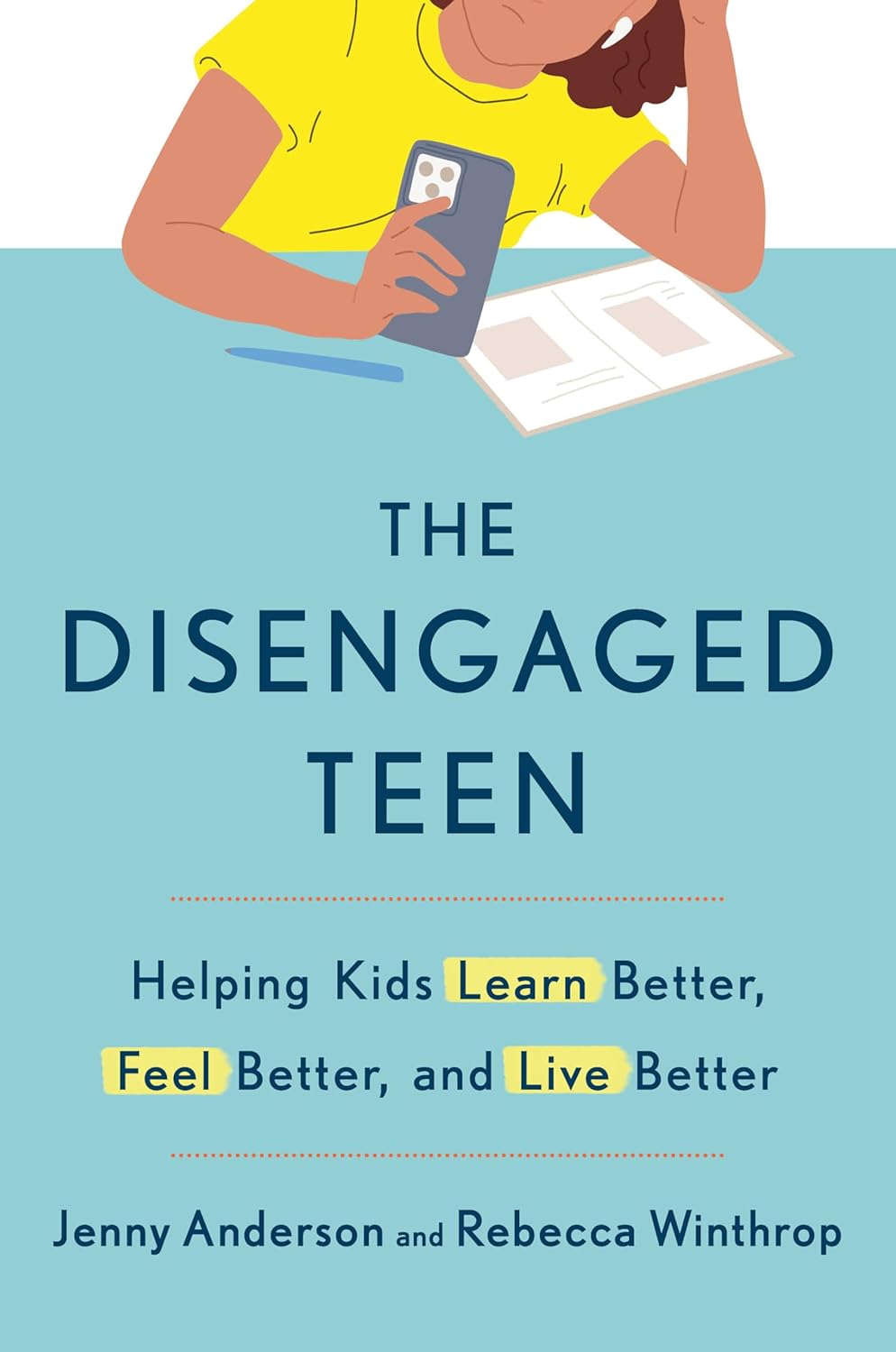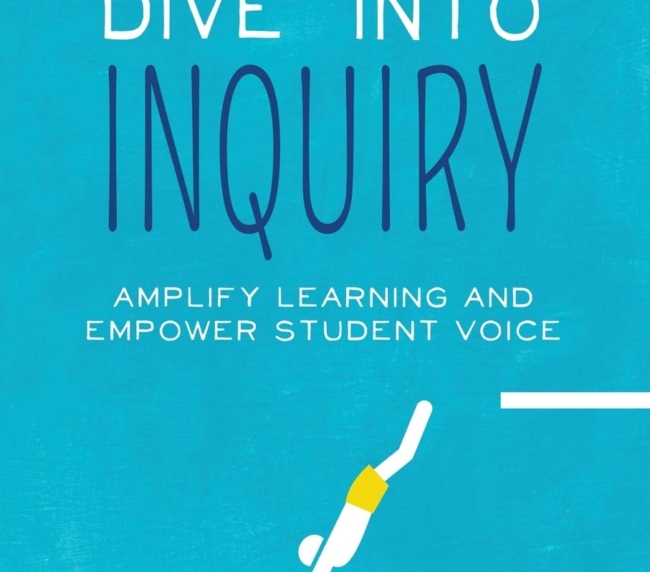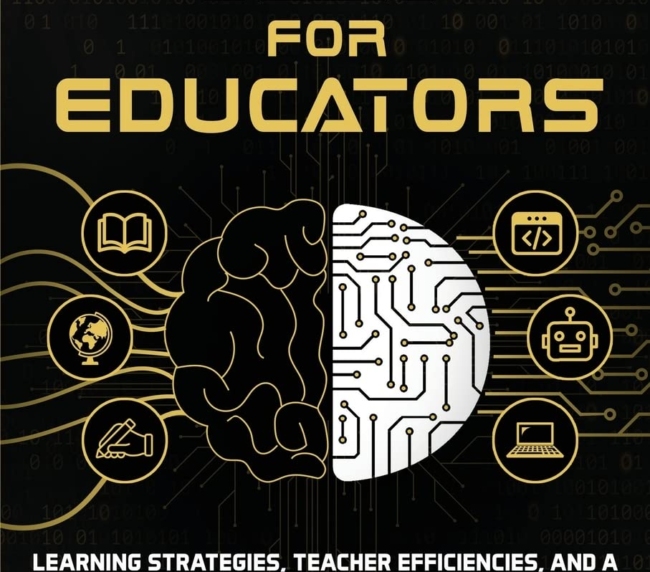Description
Too many teenagers are being failed by our education systems—this insightful book offers clear solutions on how to reverse this trend. It’s an engaging and research-backed guide designed to help parents cultivate lifelong learners who thrive academically and emotionally.
Adolescents naturally seek new experiences and personal growth, and learning is the primary way they achieve this. Yet today, a troubling number of teens experience school as both stressful and boring, fueling an escalating crisis in adolescent mental health. As parents watch their children become more distant and independent, they often feel helpless to intervene effectively. But there is hope: clear, evidence-based strategies exist to move teens from disengagement to motivation, both inside the classroom and out.
In this comprehensive, practical guide, award-winning journalist Jenny Anderson and global education expert Rebecca Winthrop of the Brookings Institution delve into the reasons why adolescents lose enthusiasm for learning. Drawing on five years of original research paired with real-life examples from teens who’ve successfully changed their outlook toward education, the authors identify four distinct learning modes among middle- and high-school students. These modes shape teens’ internal narratives about their own abilities, potential, and identities:
Resister: Teens who resist often struggle privately with deep feelings of invisibility or self-doubt, expressing their difficulties by skipping class, neglecting homework, acting out, or pretending to be unwell.
Passenger: Teens who coast along tend to do only minimal work, complaining that schoolwork is irrelevant or meaningless. They need help linking academics to their personal interests, skills, or needs.
Achiever: Teens in this mode typically perform well academically, receiving consistent high grades. However, their own sense of self-worth becomes closely tied to high achievements. Their disengagement is difficult to see, but it creates anxiety around failure and can put them at risk for mental health problems.
Explorer: Teens who adopt this ideal mode are motivated by innate curiosity rather than compliance with external pressures. They enthusiastically pursue questions that matter to them, demonstrating persistence, engagement, and ownership of their learning journeys.
By understanding these learning modes, parents can nurture their children’s growth into Explorers. Anderson and Winthrop offer clear, actionable parenting strategies, tailored specifically to the unique needs, communication preferences, and learning types of teens. Their approach includes developing meaningful listening and dialogue techniques, fostering curiosity, cultivating emotional intelligence, and teaching vital self-regulation skills. The result is a comprehensive toolkit for guiding teenagers toward genuine engagement, enhanced learning, and emotional wellbeing.





Reviews
There are no reviews yet.